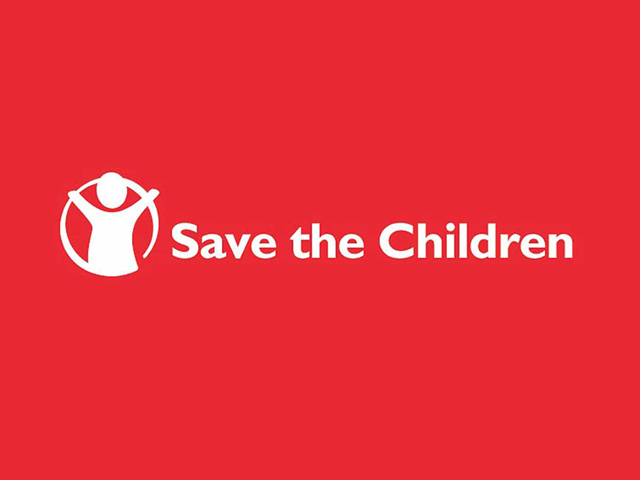Dollar to Naira Black Market Exchange Rates 16 October 2023 » Voice of Nigeria
Dollar To Naira Black Market Exchange Rate 16 October 2023
Daily US Dollar to Nigerian Naira Exchange Rate on The Voice of Nigeria
The Voice of Nigeria provides accurate and up-to-date information about the exchange rate between the US dollar and the Nigerian naira in the unofficial black market. Because currency values can change unexpectedly in the world market today, we make sure our information reflects the most recent updates. If you want a trustworthy source for the latest exchange rate news, make sure to save this page as a bookmark

Dollar to Naira Black Market Rate 16 October 2023
Today, in the Lagos Parallel Market (often called the Black Market), you can buy a US dollar for N1035 and sell it for N1040.
| Dollar to Naira | Black Market Rate Today |
| Buying Rate | N1035 |
| Selling Rate | N1040 |
Dollars to Naira Black Market 2023 – Handy Conversion Data Table
| Dollar ($) | Buying (₦) | Selling (₦) |
| 1 USD | 1035 | 1040 |
| 2 USD | 2070 | 2080 |
| 5 USD | 5175 | 5200 |
| 10 USD | 10350 | 10400 |
| 15 USD | 15525 | 15600 |
| 20 USD | 20700 | 20800 |
| 25 USD | 25875 | 26000 |
| 50 USD | 51750 | 52000 |
| 100 USD | 103500 | 104000 |
| 500 USD | 517500 | 520000 |
| 1000 USD | 1035000 | 1040000 |
| 2500 USD | 2587500 | 2600000 |
| 5000 USD | 5175000 | 5200000 |
| 10000 USD | 10350000 | 10400000 |
Dollar to Naira Rates News 16 October 2023
Voice of Nigeria Report:
Nigerian Naira Faces Pressure, IMF Suggests Possible Dollar Loan
The International Monetary Fund (IMF) has said that the Nigerian currency, the naira, is facing some challenges. They mentioned that Nigeria can consider taking a loan from the IMF to help stabilize the currency if they think it’s a good idea. The IMF also noted that recent changes made by Nigerian authorities in exchange rates and other measures were appropriate.
They also supported the decision made by the Central Bank of Nigeria, led by Olayemi Cardoso, to lift a ban on certain items in the foreign exchange market, a move that had been in place for eight years.
IMF pointed out that inflation in Nigeria was still high at 26 percent in August, and the naira was still facing pressure. The local currency had dropped significantly following changes made by President Bola Tinubu, falling from about 450 naira per dollar to an average of 760 naira per dollar and even lower on the black market.
The IMF suggested that tightening monetary policy by raising the Monetary Policy Rate and managing excess naira liquidity could help, along with providing more clarity on the Central Bank of Nigeria’s dollar obligations.
Regarding the possibility of Nigeria seeking a loan from the IMF to support the naira, the IMF mentioned that Nigeria, like any other member country, could request IMF financing if they believed it would be helpful. However, they noted that Nigeria had not made such a request.
The IMF expressed confidence in the new leadership of the Central Bank of Nigeria and the Minister of Finance to make the right decisions to improve the country’s economy. They highlighted initiatives to increase tax revenue and reduce waivers to boost economic growth.
The new leadership at the Central Bank is reviewing policies and practices to reform the bank, improve corporate governance, and achieve its core goals. They are also exploring ways to address challenges such as FX demand backlog, inflation, and price stability.
In summary, the IMF acknowledged the challenges faced by the Nigerian economy and expressed support for certain policy changes while stating that Nigeria could seek IMF financing if deemed necessary. They also expressed confidence in the new leadership’s ability to guide the economy


